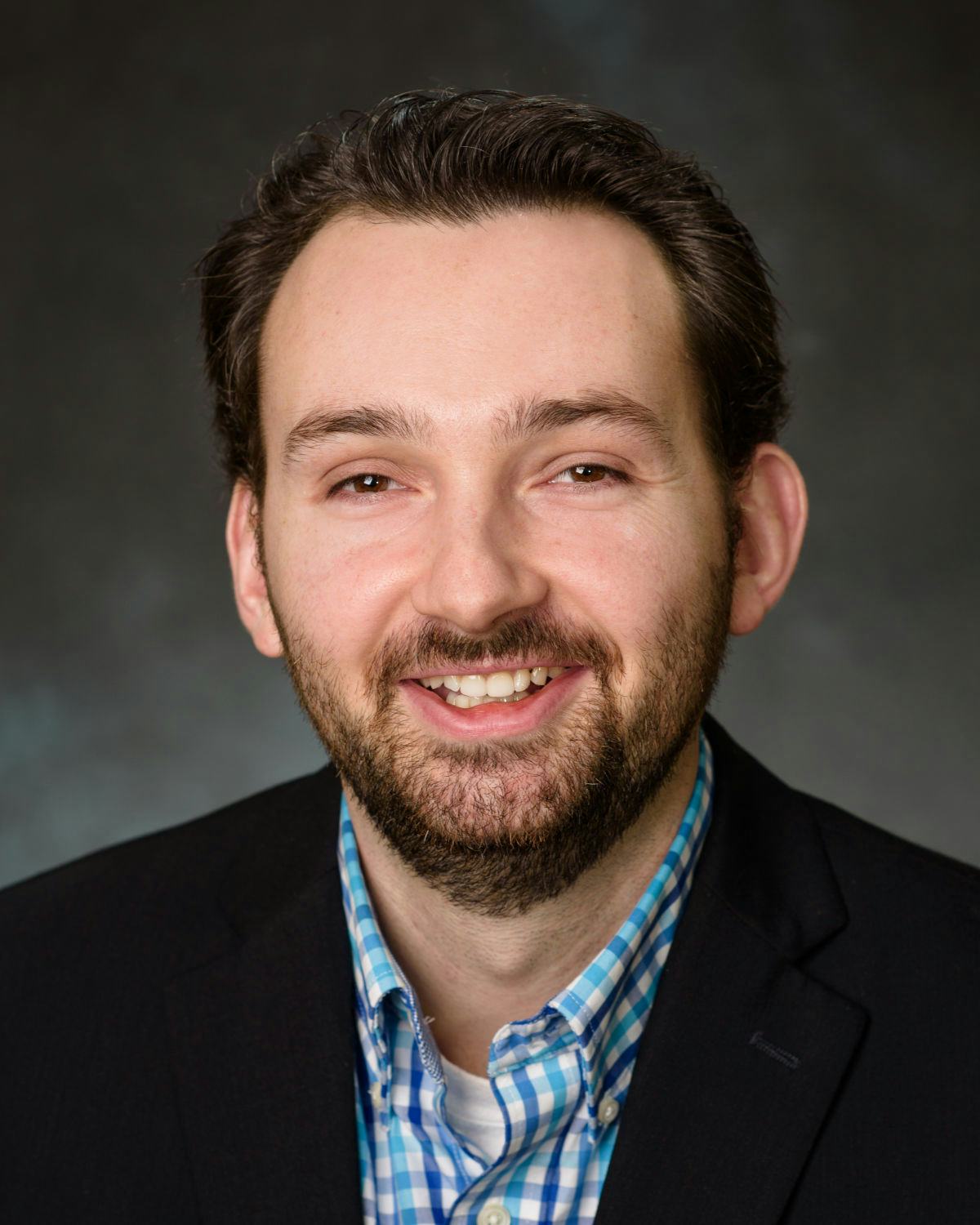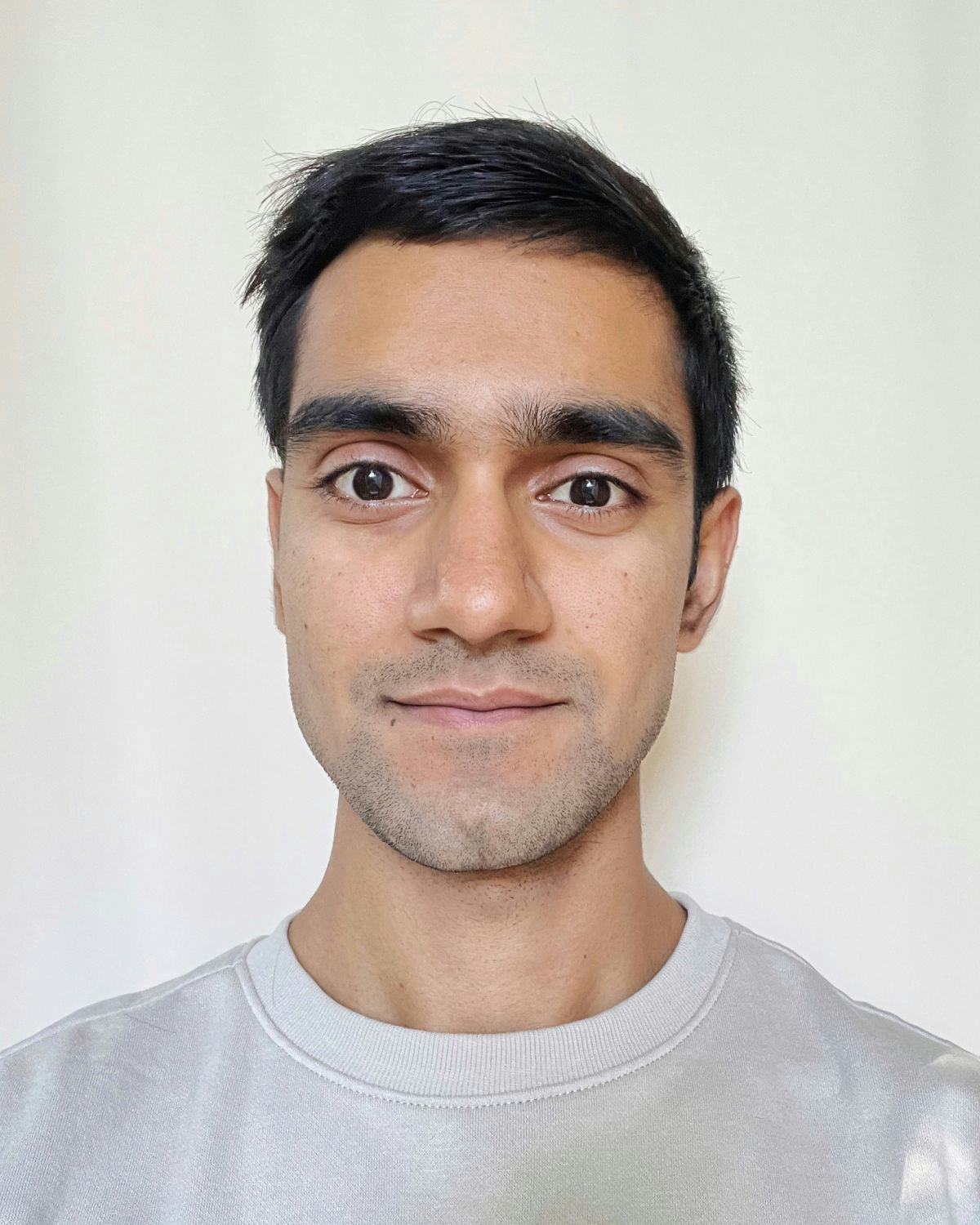Exploring How the Universe of AI Can Help Address Societal Challenges
Stevens Institute of Technology’s AIRS Fellowship Program enables faculty researchers to mentor students looking to advance AI research
“Profound risks to society and humanity” – these words, included in the opening sentence of an open letter from technology leaders warning of the potential negative impacts of giant artificial intelligence (AI) experiments, represent a growing concern about rapid AI adoption in society.
These worries match Americans’ attitudes toward AI. According to a recent Stevens TechPulse Report, 10% of adults are pessimistic about AI’s capabilities as a source of societal good.
For the more than 100 faculty of the Stevens Institute for Artificial Intelligence (SIAI), AI is seen as highly promising in various applications ranging from drug discovery to modeling climate change. This interdisciplinary collaborative research group, dedicated to addressing pressing global problems through AI and machine learning technologies, recently held its 2023 AI Research in Summer (AIRS) Fellowship Program.
The program, run by SIAI over ten weeks from June to August, invited Stevens students from across disciplines to contribute to the advancement of AI research through 11 research projects. Each project had a Stevens faculty member providing mentorship.
“More research into AI and education might help people better understand how AI could someday make a positive difference in their lives,” said Brendan Englot, associate professor of mechanical engineering at Stevens and the SIAI’s new director. “AI is still a relatively new field, and we need to look at the entire universe of AI to see how it fits together to potentially address big societal challenges.”
Students selected as fellows were partnered with Stevens faculty researchers to investigate various positive applications of AI technology. Each student received a $5,000 stipend to help support some of their costs throughout the summer to work on their respective projects.
A complete list of project descriptions is available on the SIAI AIRS website.
Poster presentations of these projects will be on display at the official relaunch of SIAI Research Center on Wednesday, October 18. The SIAI team will also reveal the center’s new permanent space that day.
A flood of interest from faculty mentors and students
Frehiwot Wuhib, Operations Manager, SIAI, explained that when she put the word about the return of the AIRS Fellowship Program in 2023, hundreds of proposals from researchers flooded in.
“The plan was to accept ten proposals, but we wanted to include one more that we couldn’t resist missing, so overall, we accepted 11 project proposals,” Wuhib said.
For a project to qualify, it needed to ensure that students were engaged and mentored. “Researchers had to be open to mentoring both undergraduate and graduate students in AI research,” Wuhib explained.
There was no one-size-fits-all model for the way faculty and students collaborated on a research project.
“It kind of depended on the faculty serving as mentors,” Englot said. “But it is really a partnership between a student and a faculty mentor, and those partnerships can look different depending on the type of research being done.”
When the SIAI team announced the projects to the Stevens student community, the response was positive. Hundreds of students applied for an opportunity to collaborate on innovative AI research with a Stevens faculty member, according to Wuhib.
“For the projects we announced, we received 279 applications, which was a very big number,” she said, adding that the process of selecting students was very competitive.
Apoorv Chandrakar, a second-year master’s student in computer science, made the selection. He got to work with Sang Won Bae, assistant professor in the School of Systems and Enterprises on the project “Designing Person-Centric XAI Health Coaching Systems Toward Empowering Athlete Engagement.”
The project investigated ways AI could be used to empower student-athletes with a user-friendly method for understanding their health data and, in turn, improving their overall well-being.
“Our research aims to address common challenges, including mental and physical health management alongside academic responsibilities,” Chandrakar said. “We are developing a chatbot solution that understands their health status and schedules and provides support through meaningful conversations.”
Chandrakar explained that the research is in its early stages, but preliminary findings highlight the impact of factors like sustained workload, sleep and various health features on student-athletes’ wellness.
“I’m a strong advocate for using technology for good, and I believe that making a positive impact on someone’s well-being is immensely meaningful,” he said. As a former student-athlete who remains physically active, this research area particularly interests me.”
AI presents an opportunity for everyone
Englot acknowledged the vast scope of AI.
“AI exemplifies what multidisciplinary is all about,” he said. “That’s what kind of brought me into the AI space – coming into AI as someone doing robotics research trying to make robotics more intelligent, more capable.”
He highlighted the AIRS program’s uniqueness in being open to all applicants, regardless of their academic background, and allowing them to work with professors from any academic unit within the university.
“Rather than being restricted to working solely with professors in their respective fields, students have the opportunity to collaborate across disciplines,” he said.
Englot also pointed out a common thread among these projects: “A focus on positive and impactful applications that utilize AI to benefit society and improve people’s lives.”
AI presents an opportunity for everyone to participate and contribute, according to Englot, and he encourages individuals to educate themselves about AI to a level where they can harness its power for meaningful impact.
“We invite everyone to join the AI community, as there is ample time and opportunity to learn how to effectively leverage these tools for beneficial and productive purposes,” he said.


